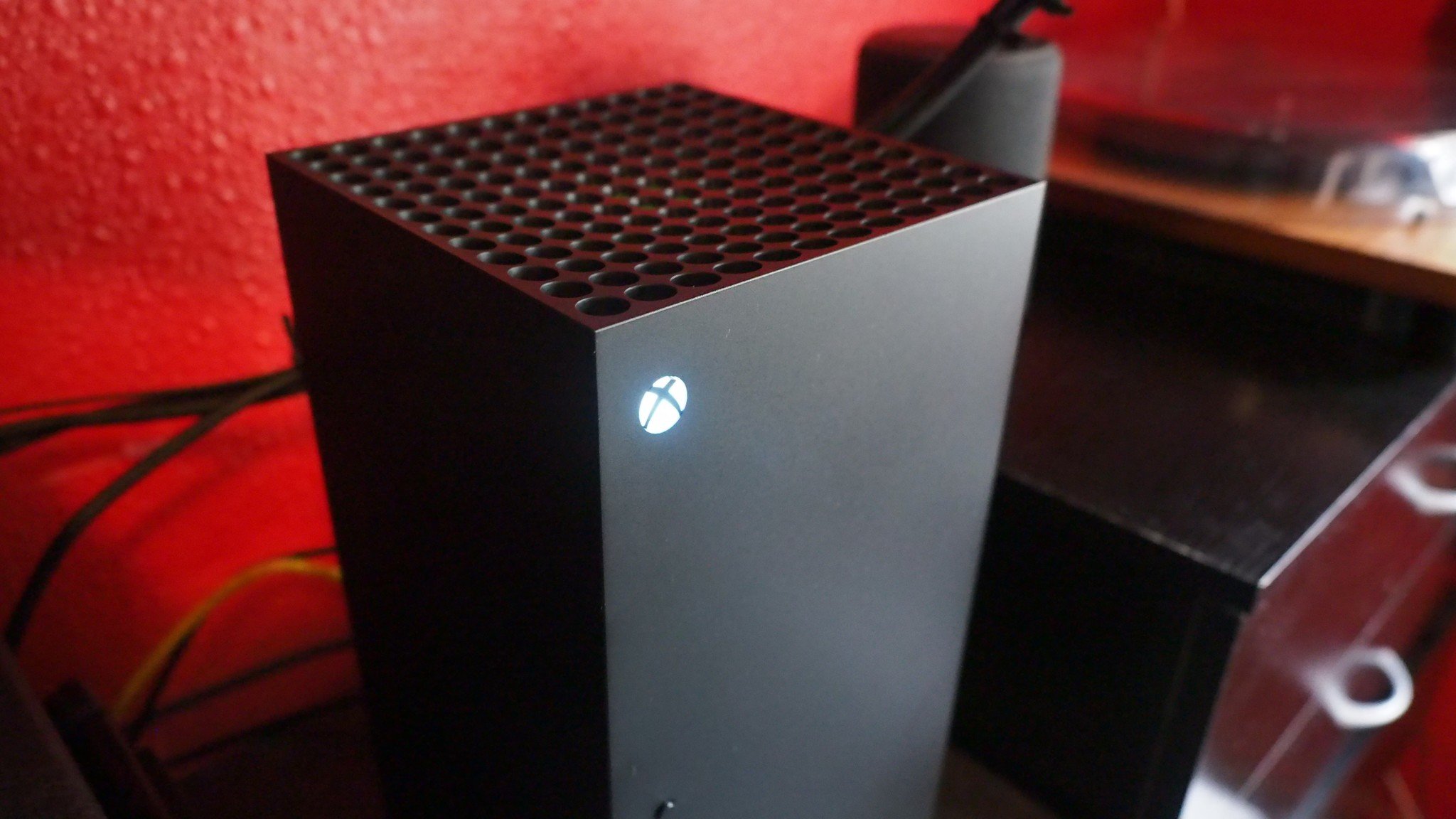A black screen awaits gamers with certain AV receivers from Panasonic.
What you need to know
- An HDMI 2.1 bug is causing certain hardware to show a black screen instead of content.
- The bug affects Panasonic chips in receivers from Denon, Marantz, and Yamaha.
- The issue only appears to affect the Xbox Series X and NVIDIA Ampere graphics cards when attempting to output at 4K and 120Hz.
Some gamers looking forward to 4K gaming at 120Hz may be disappointed due to an HDMI 2.1 bug. According to Heise Online, a bug affecting HDMI 2.1 output on select AV receivers causes a black screen to appear when people try to enable 4K and 120Hz from an Xbox Series X or NVIDIA Ampere graphics cards.
The bug appears to affect HDMI 2.1 chips from Panasonic, which are in AV receivers from Denon, Marantz, and Yamaha. The bug seems to only affect specific hardware, not just HDMI 2.1 chips in general.
The black screens also seem to only appear for people using the Xbox Series X or NVIDIA Ampere GPUs. The bug does not appear to cause the same issue for the PlayStation 5.
It's important to note that the Xbox Series X is not commercially available at this time, so the bug is difficult to confirm.
While it won't deliver the same experience, a workaround to this bug is to lower your resolution or your refresh rate to 4K and 60Hz. Tom's Hardware also highlights that you can connect your AV receiver to your TV's eARC HDMI port and connect the affected device to your TV. In this setup, the TV handles everything except for audio while the AV receiver takes care of audio.
Panasonic should start making new HDMI 2.1 chips that aren't affected by this issue by 2021. According to Tom's Hardware, you'll have to replace your AV receiver if it is affected by this bug, which is unfortunate.
Official Sound United has a response regarding the HDMI 2.1 bug (via Audioholics):
Some new gaming source devices that support 4K/120Hz output may not work fully with Denon (or Marantz) 8K AVRs. You may discover this incompatibility issue due to a HDMI chipset mismatch between the devices. When the affected system is connected to the AVR via 8K HDMI input and set to output at 4K/120Hz, and the AVR's 4K Signal Format option is set to "8K Enhanced," you may not see the system's source video on their display, and may not hear the system's source audio processed through the AVR. This problem is only present when a display that supports 4K/120Hz is used.
We are currently investigating the issue further and will offer a permanent solution at a later date. Meanwhile, we would like to provide a couple workarounds to prevent the issue in its current state:
You can connect the system to the display directly via HDMI and use the display's ARC/eARC functionality to feed the native audio back to the AVR using the connected HDMI cable between the AVR and display. This will allow users to decode the native audio format sent from the source. With this method, the display's CEC/ARC option must be enabled as well as the AVR's HDMI Control and/or the AVR's ARC option. In the AVR, this option is located within the GUI under "Video – HDMI Setup."
Another workaround is to leave or change the source's video output to 4K/60Hz instead of 4K/120Hz until a permanent solution is available. This will ensure reliable communication between the source, the AVR and the display. The source's default is set to output at 4K/60Hz, so if no change was initiated out of the box, then nothing further needs to be done.
We apologize for this inconvenience and we are currently working tirelessly to release a permanent solution so you can enjoy the 4K/120Hz experience using the latest sources with your AVR. We will have an update soon regarding the timeline of a permanent solution. We appreciate your patience.
Yamaha also shared an official response regarding the issue:
As we test and explore new gaming system capabilities and the latest HDMI specifications, we will provide guidance on our website to help new and future customers with the compatibility of our latest AV receivers. We will certainly provide you with an update in the near-term.







0 comments:
Post a Comment